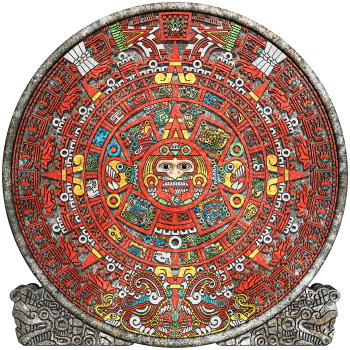In Memory of Eduardo Galeano, 1940-2015.
At the 2009 Summit of the Americas, Hugo Chavez gave Barack Obama a copy of Galeano’s book Open Veins of Latin America which details the United State’s military aggression, economic exploitation and political coups or “regime changes” in Latin America.
In the 2012 Summit of the Americas, Obama’s reception by Latin American nations was noticeably cool – primarily because the United States refused to end its 50 year boycott of Cuba.
So at the 2015 Summit of the Americas, Obama walked in with a smile on his face and a proposal for a rapprochement with Cuba in one hand, and, in the other, his newly minted Executive Order 2015 which placed sanctions for human rights abuses on several Venezuelan military leaders and government officials. Under his emergency powers, Obama declared Venezuela a “threat to the United State’s national security.”
What was Obama thinking? Did he think people wouldn’t notice the bait and switch as he tried to appease Cuba and the Latin American nations while at the same time he applied the same old cold war tactics to isolate Venezuela as the more recent example of a Latin American country standing up to US imperialism? (To make matters worse, these particular military officers and judicial officials are those that many Bolivarians see as the most active in preventing a highly publicized attempt to destabilize the Venezuela government in February 2014 to set it up for another coup.)
The unanimous demand from the Latin American nations to repeal the sanctions against Venezuela show how disconnected Obama and the United States government are from changes in the balance of power in the Americas in the last decade. This includes the failure of the United States to maintain its neoliberal hegemony and the rise of a left liberal block of nations (i.e., Bolivia, Cuba, Ecuador, Nicaragua, the Bolivarian Republic of Venezuela, Argentina, and Brazil among others).
Admittedly, much of the loss of US hegemony in Latin America is due to the United States over-extending itself in brutal and unsuccessful oil wars in the Middle East and Asia, but much of the impetus of this new left leaning block is due to the influence of the Bolivarian “21st century socialist revolution” of Venezuela. Beginning with the election of Hugo Chavez in the late 1990s and the drafting of a “socialist” constitution, Venezuela has been instrumental in establishing several inter-regional support groups such as ALBA, UNISUR and CELAC which exclude the United States. The new left liberal block of nations has also benefited by Venezuela’s generous sharing of its oil wealth with its neighbors.
So even though most will scoff at the idea that Venezuela is a real military threat to the United States (given the size and nuclear capability and the fact that Venezuela recently reduced its military by an unheard of 34%), the spread of an ideology that challenges the United States’ right to exploit and impoverish its southern neighbors could be sufficient reason to consider Venezuela a “threat” to United States’ ideology of imperialism; thus causing the US to resort to its age old practice of “regime change.”
Seems Like We’ve Heard This Tune Before
For the past 150 years, the United States has treated Latin American as its own personal backyard to exploit. Most of the exploitation has been accomplished through economic dominance and the support of right-wing dictatorships. However, if we look at those countries that experienced actual “regime changes” involving military coups, we can count, just since World War II, a minimum of 11 countries (and I’m sure I’ve missed some) where the United States was either directly or indirectly involved with military regime changes in the Americas– either to protect specific multinational corporate interests or change regimes that promoted an ideology that was more generally in conflict with Capitalist interests (communism/socialism, nationalism, liberation theology): Guatemala 1954, Cuba1959, The Dominican Republic – 1961, Brazil – 1964, Chile – 1970-73, Argentina – 1976, Nicaragua – 1981-90, Panama 1989, Venezuela 2002, Haiti – 2004, and Honduras – 2009.
To learn some more about a recently published secret report that documents the United States plans for achieving regime change in Venezuela follow the discussion below …




 is usually the case, I was searching for stories to cover for my columns. I stumbled across an editorial in the Washington Blade, entitled
is usually the case, I was searching for stories to cover for my columns. I stumbled across an editorial in the Washington Blade, entitled 

